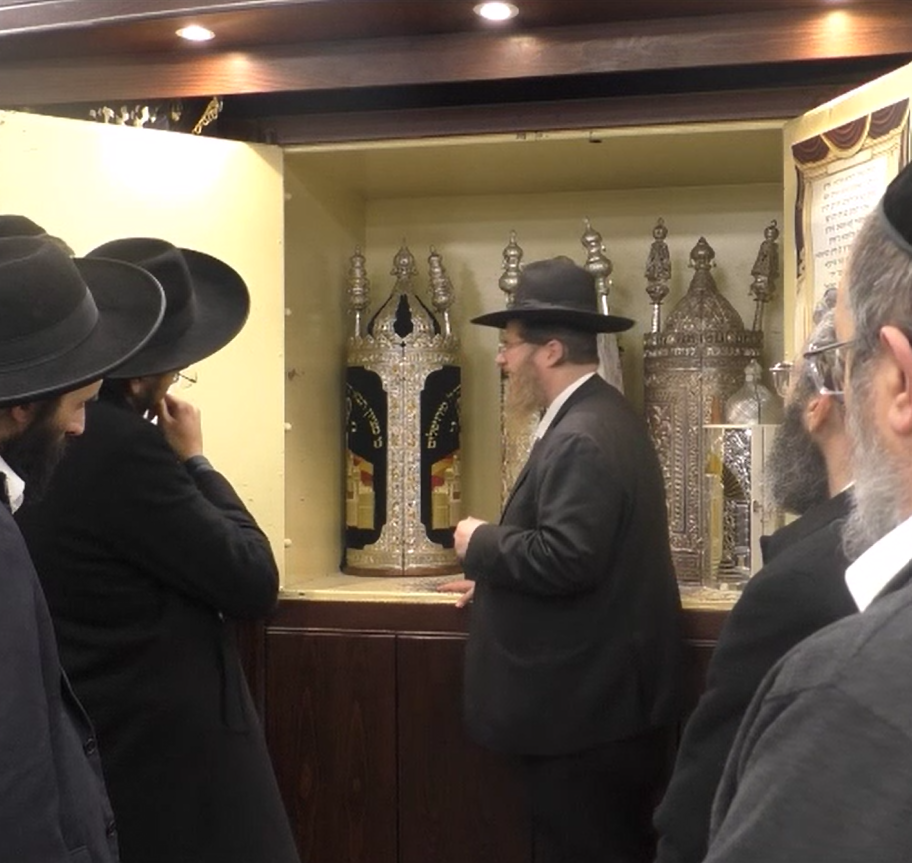
The laws of Maaser Kesafim (the Monetary Tithe)
Summary of the Tithing laws on Financial Income (Ma’asrot, Tzedakah, etc.) How much should a person donate of their profits


Hi rav, how are you?
There’s a question I’ve heard and I’ve thought about it a lot:
“What is better? Living in eretz israel and not fulfilling mitzvot? Or live in hutz laarets (abroad from Israel) and fulfill mitzvot?
At first, and using my logic, I would say right away that it is better to fulfill mitzvot outside Israel. Especially because there is that gmara that says you can leave Israel to get married, study Torah, and parnassa.
But when you start looking for sources in the Torah, surprisingly it seems that it is better to live in Israel even if you are not going to fulfill anything. As it says in ktuvot’s gmara: whoever lives outside israel is like doing avoda zara. And in yalkut shimoni it says: God speaks: הלוואי יהוון בני עמי בארץ ישראל אע״פ שמטמאין אותה.
Reading pshat of this it seems that it really is better to be in Israel, even if not complying.
My father showed me a tossfot in ktuvot that says that today there is no mitzvah to live in Israel. But it seems most rishonim say they do have mitzvah.
But in the end, we see that rabbis in general, both here and in Brazil for example, do not guide in this way. I wanted to know how to ליישב these sources to explain why today living in huts laarets is not treated as seriously as it seems from these sources.
Shalom Uvracha!
It is very clear from halacha that it is better to live in Chutz Laaretz and perform mitzvot, than to live in Eretz Israel and not perform mitzvot, as we cannot transgress averot to do mitzvot, and even when the rule of “Asse doche Lo Taasse” applies (see Yevamot 4B) it is explicit in the gemarot and posskim that this is only when they are together in such a way that one cancels the other out like tzitzit which is shaatnez (and even this only with a series of conditions), but not when they are things separately, like living in Eretz Israel which can be done perfectly by fulfilling mitzvot. And this regardless of the importance of the mitzvah, for for example our sages say that the mitzvah of Tzitzit “weighs” like all other mitzvahs (Menachot 43B), and yet the maximum permission is asse doche lo taasse within the same case as cited.
The only thing found in the halakhah that was permissible for the mitzvah to live in Eretz Israel, is asking a goi on Shabbat to sign a home purchase contract in Israel, which is amira legoi derabanan and allowed by Yishuv Eretz Israel, but the Yehudi signing on Shabbat is clearly prohibited, even though because of this one sign he will not be able to live in Israel. See הגהות אשירי פרק ב’ דמועד קטן סי’ יח and brought in Beit Yossef Orach Chaim siman 306.
And what is written that whoever lives outside Israel is as if they were doing Avodá Zará, it is mussar (“as if”) but it is not a fact literally from the halachic point of view, because if it were really true with Avodá Zará – it would be forbidden to live outside Israel, and by halacha (Babá Batra 91A and other places) only those who already live in Eretz Israel are not allowed to leave, and even in this case they can leave through parnassá etc. allow avodá zará by parnassá? Avodá Zará is Yehareg Veal Yaavor).
And the midrash you mentioned “Halevai Yehevun” etc even if we explain that “metameim” means not fulfilling mitzvot, it has nothing to do with our case, because the midrash is talking about ordinary people who act the same way being in Eretz Israel or outside it, because we might think that it is better for him to live in Chutz Laaretz and do his averot there than to live in Eretz Israel and bring impurity to Eretz Hakodesh, and about this the Midrash says that it is better for him to live in Israel even if his averot (which he was going to do anyway even outside Israel) are done by desecrating the holy land. But in case if he lives outside Israel he is going to perform mitzvot, who allowed him to come to do averot in Israel?
In general, it should be known that one cannot learn halachot from midrashim (Yerushalmi Pea 2 4), let alone without a correct yiun, for example, the Gemara in Ketubot 110 B says that whoever leaves Babylon to live in Eretz Israel is transgressing a mitzvat asses…
And actually we should know that the question itself is not very correct, because why not do mitzvahs in Eretz Israel? Let him come and live in Eretz Israel and fulfill mitzvot, one thing has nothing to do with the other. It’s like asking which is better to eat pork or cheeseburger? The answer is that you don’t eat either one and that’s it. But I admit that the question exists for people who try to convince others to come and live in Israel, because in practice many people who live outside Israel in Kehilot, fulfill mitzvot, and when they come to Israel they end up getting lost for lack of a Kehilah in the style of Chutz Laaretz – and in this case it really is better not to convince them to come to Israel, as mentioned.
Behatslacha!!
PLEASE NOTE*
Attention: You should not learn from one case to another, each case must be analyzed individually. Generally speaking, it's always best to have contact with a Rabbi in person, not just virtual contact. Note that where there is a local Rabbi("Mara Deatra"), one should ask him. The answers are under the responsibility of the rabbi who responded, and not under the responsibility of the website and/or the Head of the Institution.
Last Articles

The laws of Maaser Kesafim (the Monetary Tithe)
Summary of the Tithing laws on Financial Income (Ma’asrot, Tzedakah, etc.) How much should a person donate of their profits
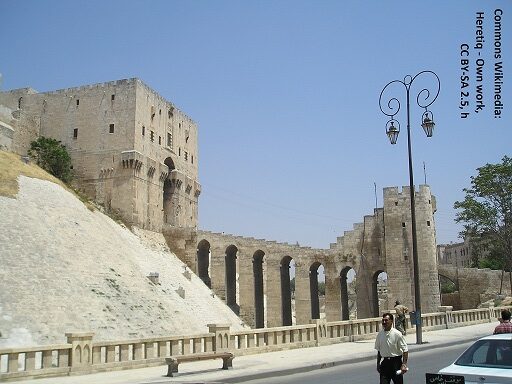
The laws and customs of Passover – according to the customs of Syrian Jewry (Aram Soba)
The laws and customs of Passover – according to the customs of Syrian Jewry (Aram Soba), and in particular

A video is presented to you regarding the segulah of the stone of the righteous, for those who wish to
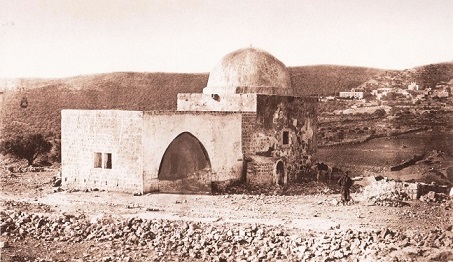
The Highness of Kever Rachel – in the day of the Hilula, Cheshvan 11th (From the book Shoshani Tzion –
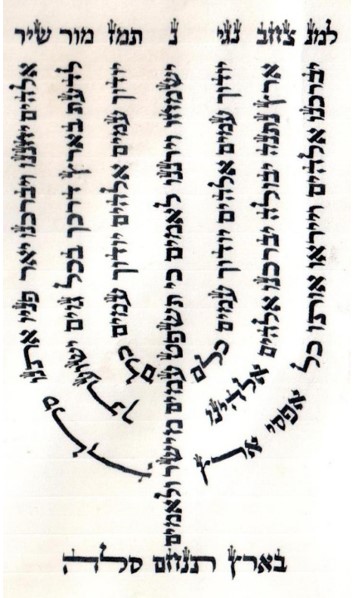
Kever Yosef Hatzadik in the city Nablus From the book Shoshanei Zion (still in manuscript) Yosef bones We are told
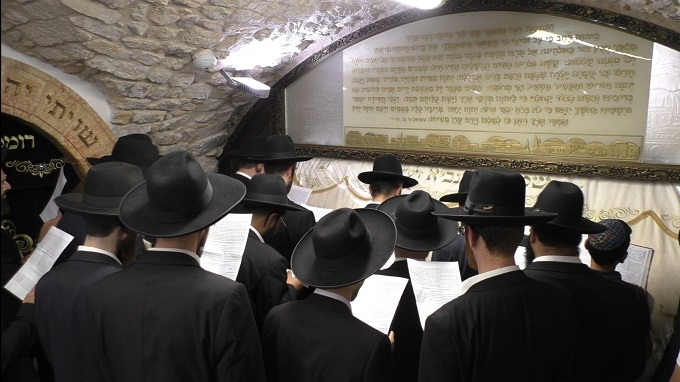
Kever Shmuel HaNavi – its Segulot and virtues
Taken from the book “Shoshanei Tzion” (still in manuscript) Kever Shmuel HaNavi is from the graves with a very ancient
You may interested

Question I would like to know please some segulot to get pregnant and have children? Response Firstly, it is

Tu BeAv – an appropriate day to find shidduch
Question : Hi Rav, I read that the 15th of Av is a favorable day to find your Zivug. I
The Chief Rabbi of the Institute, together with dozens of Torah sages, will perform the Chidah’s segulah for you to raise your “Mazal” (luck, destiny), at the time of the opening of the Aron HaKodesh.
With Divine kindness, many were saved from their problems with this segulah!
Leave your details and we will return to you
